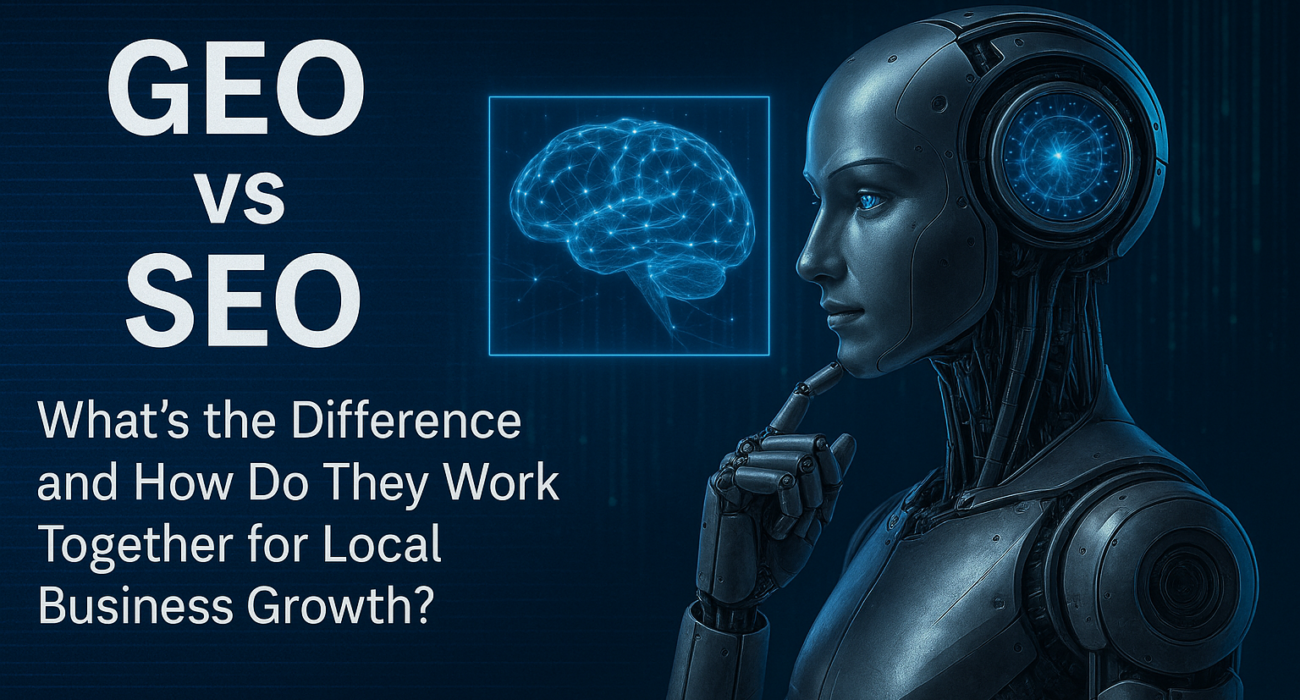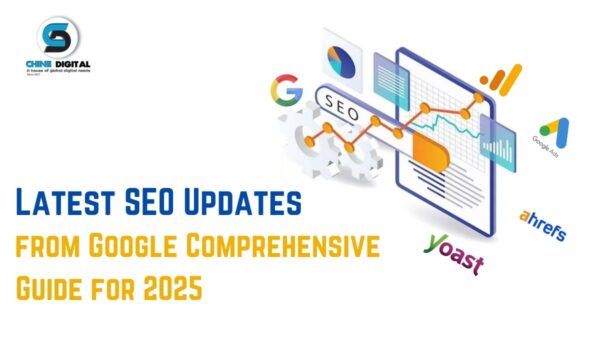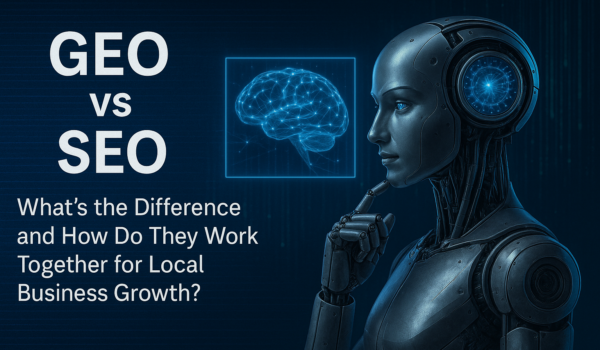GEO vs SEO: What’s the Difference and How Do They Work Together for Local Business Growth?
Digital marketing has come a long way, shaped by major algorithm changes from Google aimed at enhancing the quality and relevance of search results. In this dynamic landscape, SEO has long been the go-to strategy for visibility. But with the rise of artificial intelligence and Google’s evolving tools, businesses must now think beyond traditional SEO.
A key development is the introduction of AI-generated search summaries—where AI provides instant answers at the top of search results. This change, transforming search engines into "answer engines," challenges businesses to adapt. While SEO still plays a vital role, we now need to go a step further. That’s where Generative Engine Optimization (GEO) comes in.
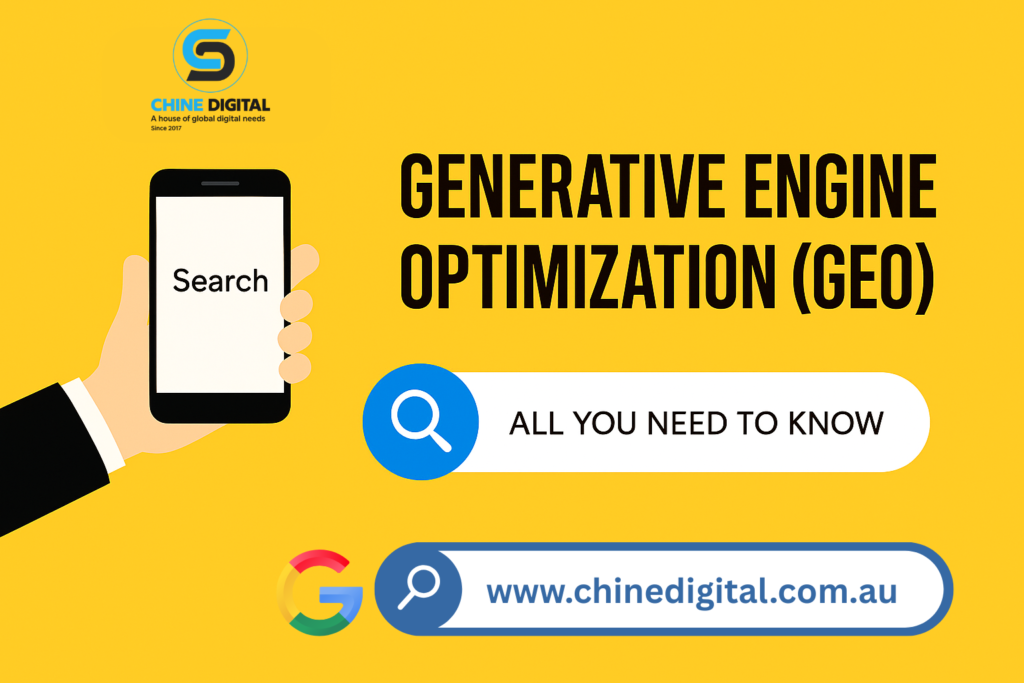
At Chine Digital, a leading digital marketing and web design agency based in the Gold Coast and servicing all of Australia, we help businesses stay ahead. This blog unpacks the evolution of search, the difference between GEO and SEO, and how to thrive in this new era.
From Search Engine to AI Answer Engine: A Timeline of Change
To understand where we are today, it’s helpful to look back at how search has changed:
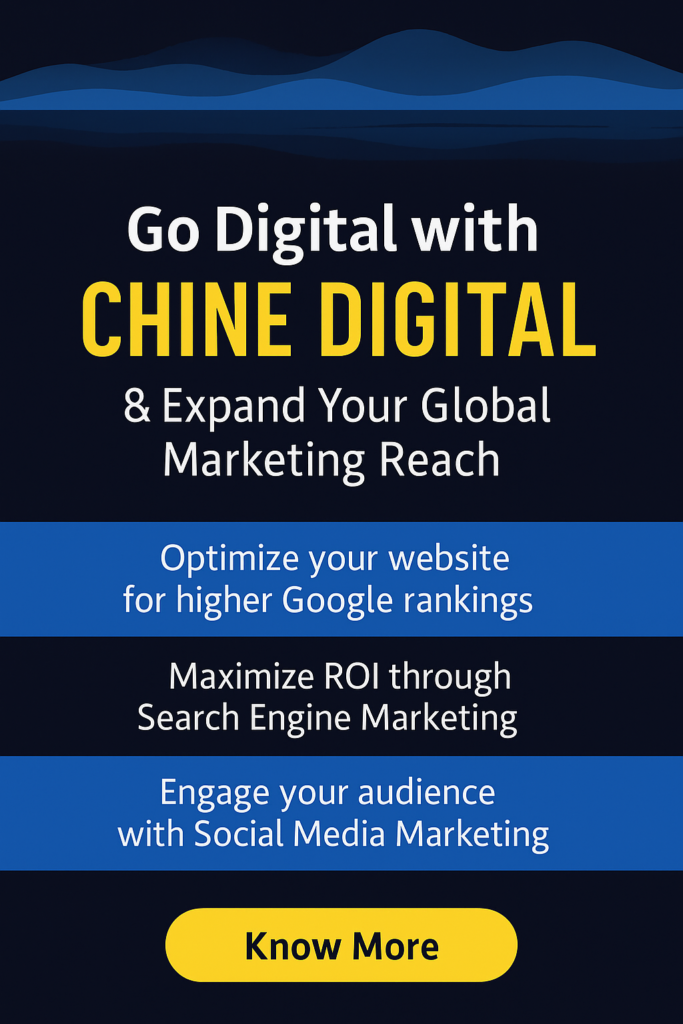
Major Milestones in Search Evolution
1990s – Early search engines (Archie, AltaVista, Yahoo!) make websites discoverable.
1998 – Google introduces PageRank, revolutionising search by valuing quality backlinks.
2003 – The Florida update cracks down on spammy keyword practices.
2007 – Universal Search integrates maps, news, and videos.
2011–2013 – Panda and Penguin target thin content and spammy backlinks.
2015 – Mobile-first indexing starts prioritising mobile performance.
2019–2021 – BERT and Core Web Vitals bring focus to user experience and semantic relevance.
2020s – Generative AI (like ChatGPT and Google’s AI Overviews) begins reshaping search.
The Role of Google’s Search Generative Experience (SGE)
SGE is Google's step toward delivering not just results, but smart, AI-generated responses. Instead of just showing links, SGE offers direct summaries, comparisons, and suggestions in a conversational tone.
Benefits of SGE:
- Quickly explains complex topics in digestible ways
- Helps users compare products or services
- Generates content ideas for creative needs
- Visual content (infographics, video, tables) that enriches understanding
- Integrates with tools like Google Sheets for planning
This new search format is changing how users interact with content—and how businesses should optimise it.
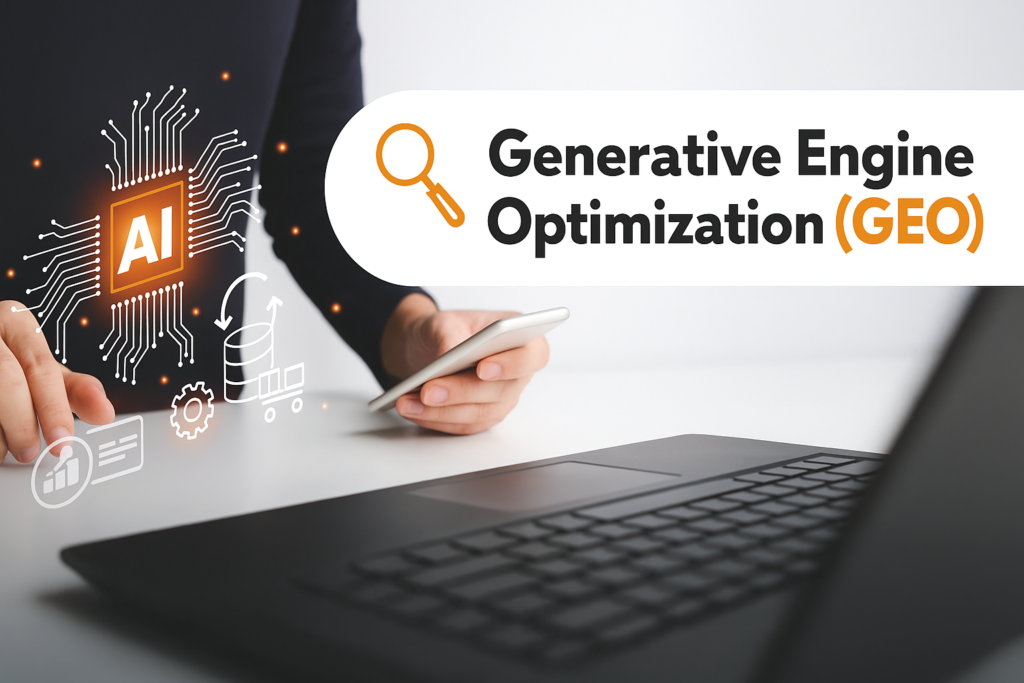
GEO vs SEO vs SGE: What’s the Difference?
At Chine Digital, we understand how quickly the digital world changes—and right now, one of the most important updates to pay attention to is Google’s AI Overviews. These new search features are changing how people find and interact with content online. To help your business stay ahead, we take a detailed and thoughtful approach to content creation and website optimisation. Here’s how we do it:
| Aspect | SGE (Search Generative Experience) | GEO (Generative Engine Optimization) | SEO (Search Engine Optimization) |
|---|---|---|---|
| Goal | Provide AI-generated answers | Optimise for generative AI platforms | Improve rankings in traditional search results |
| Approach | Uses AI to summarise and interpret content | Structures content for AI readability and utility | Relies on keywords, backlinks, speed, and structure |
| Content Style | Direct, summarised, multi-source responses | Structured, factual, context-rich | Detailed, keyword-targeted, user-friendly |
| User Experience Focus | Conversational and intuitive | Relevant and AI-ready | Easy to navigate and informative |
| Output | Real-time answers or summaries | Higher visibility in AI-powered engines | Higher placement on search engine result pages (SERPs) |
What is Generative Engine Optimization (GEO)?
GEO is about making your content usable by AI tools—ensuring it’s clear, structured, and trusted enough to be quoted or summarised by platforms like Google’s AI Overviews or Bing Copilot.
We help businesses create:
- Conversational yet informative content
- Pages that use semantic keywords naturally
- Authoritative content backed by sources
- Visual content (infographics, video, tables) that enriches understanding
- Schema markup and structured data to guide AI
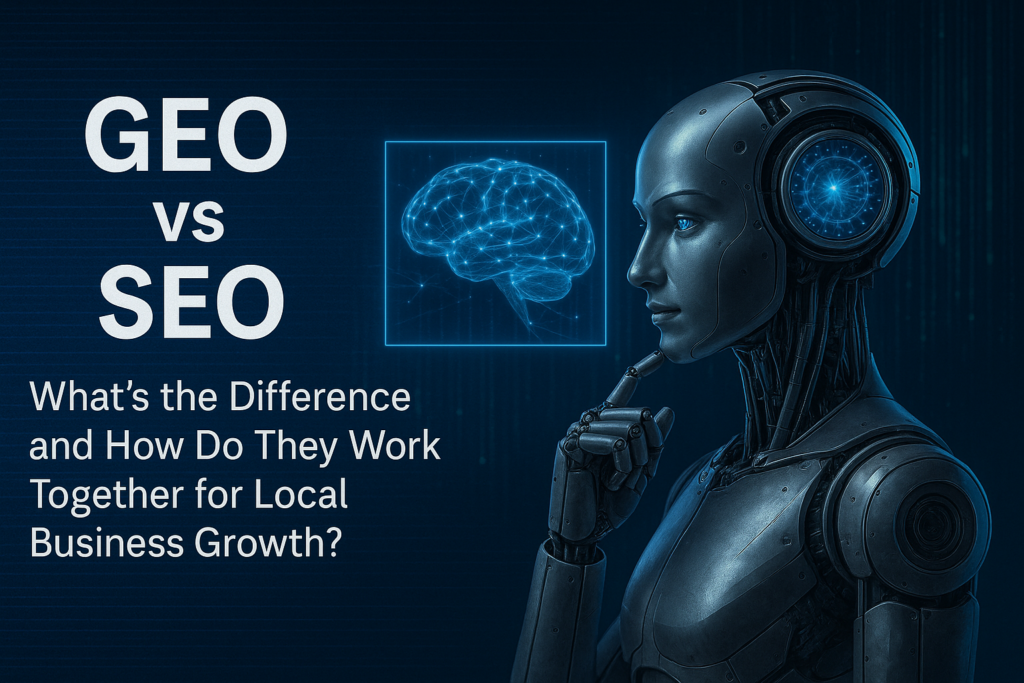

Tips to Optimise for GEO
To stay competitive in AI-led search, we recommend:
- Know how AI works – Understand how large language models select and summarise data.
- Use question-based content – Structure posts around natural user queries.
- Incorporate multimedia – Visuals support better content interpretation.
- Add structured data – Schema helps search engines and AI understand your content’s role.
- Leverage AI tools – Use AI to identify gaps or improve clarity before publishing.
Example: Using AI to Enhance Digital Experiences
A media site might use AI to create personalised content like quizzes or topic suggestions. Similarly, your business can benefit by generating AI-friendly product descriptions, FAQs, and service guides tailored to your audience.
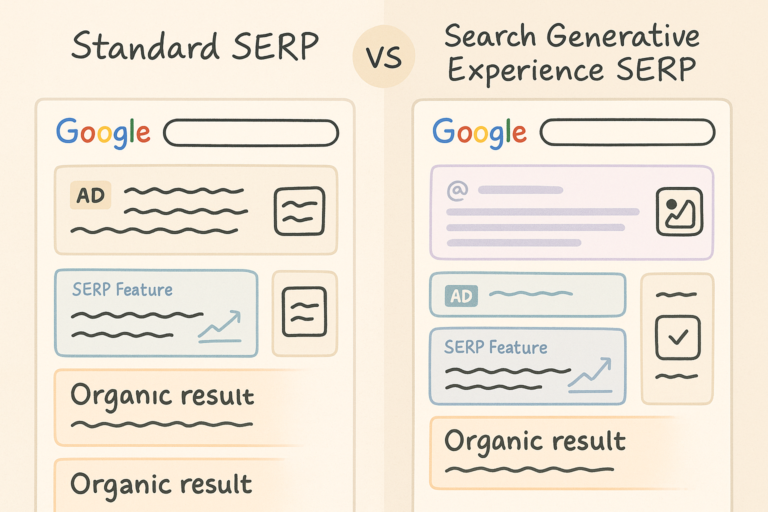
Why GEO Doesn’t Replace SEO—It Enhances It
SEO remains essential. It builds domain authority, improves website health, and helps you rank on Google. But SEO alone won’t guarantee visibility in the new AI formats.
By combining SEO with GEO, you:
- Reach more users across traditional and AI-powered platforms
- Ensure content is featured in summaries, not just rankings
- Build trust and credibility with AI tools and human readers alike
FAQ's
SEO focuses on optimising websites to rank higher in traditional search engine results. GEO, on the other hand, ensures that content is readable, relevant, and easily referenced by AI-powered platforms, enabling better visibility in generative search results.
GEO works by structuring content so AI models like Google’s SGE or ChatGPT can understand and summarise it. It includes using semantic keywords, authoritative sources, and schema markup—expanding upon traditional SEO techniques.
No. GEO is not replacing SEO—it’s enhancing it. SEO remains essential for visibility on SERPs, while GEO helps improve how AI tools interpret and prioritise your content.
Using both ensures your content performs well in classic search engines and in AI-generated responses. This dual approach boosts visibility across more platforms and user scenarios.
You can optimise for GEO by using conversational language, long-tail semantic keywords, clear structure, schema markup, and multimedia. Also, consider how AI might interpret your content.
GEO allows your content to be featured in AI answers and summaries, often shown above standard search results. It supports more interactive and immediate user engagement.
Both are effective. SEO helps people find your business through search, while GEO helps you appear in AI-generated responses. Together, they maximise your local reach.
Yes. AI summaries may reduce clicks on traditional links if your content isn’t featured in the summary. GEO ensures your content is included and accurately represented.
SEO is becoming more focused on context, quality, and user intent. Content must be clear, structured, and relevant to be featured in AI search experiences.
Start with strong SEO fundamentals—site speed, mobile optimisation, and keywords. Then integrate GEO strategies like schema markup, structured headings, and rich content optimised for AI comprehension.Yes. AI tools help refine keywords, generate better titles, and suggest improvements in content structure.
Your Strategy for the Future of Search Starts Here
Search has changed—and it’s changing fast. It’s no longer just about ranking high on Google. With AI integration and evolving user behaviours, modern search is about visibility, relevance, and intelligent positioning. That’s where GEO (Generative Engine Optimization) steps in, enhancing your SEO efforts and helping your brand stand out in both traditional results and AI-generated answers.
At Chine Digital, we understand that being visible isn’t enough anymore—you need to be strategically present. Today’s consumers expect instant, accurate, and context-aware results. With Google’s shift from a search engine to an “answer engine,” the top of the results page is now often occupied by AI-generated summaries. This shift means businesses need to go beyond keywords and start thinking about how their content can feed and influence AI responses.
That’s where our team at Chine Digital comes in. We blend the proven power of Search Engine Optimization with cutting-edge GEO tactics, AI-driven content strategies, and advanced web design. Our goal? To ensure your business shows up not only on page one, but also in the right format—whether it’s featured snippets, AI summaries, local packs, or voice search responses.
Our approach is tailored to your industry, your audience, and your growth goals. We create content that answers real user questions, optimise websites for both search bots and AI models, and constantly adapt to Google’s algorithm shifts and AI capabilities.
Don’t fall behind in the evolving world of digital search. Partner with Chine Digital to future-proof your online presence. Let’s optimise your brand for the next generation of search—today.


